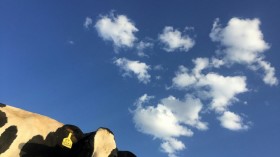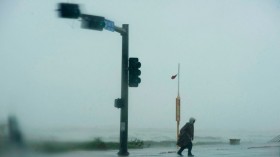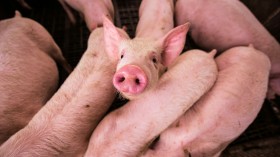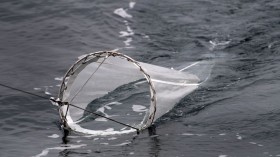Nearly 17,000 tons of rice contaminated by the 2011 nuclear disaster in Fukushima, Japan is still sitting in storage as officials struggle with effective ways to dispose of it, the Asahi Shimbun reports.
The government solution is to incinerate the rice, but it is being met with resistance by local incinerator operators who say that their equipment is not structurally capable of incinerating rice or that they do not want to accept the job for fear of "harmful rumors" circulating about their role in the disposal of radioactivity-contaminated material.
Rice is the main staple food in Japan, and rice grown in the country is sold at a premium price.
"If people learn we have 'contaminated' rice in storage, we would suffer from harmful rumors," an official at joint association established to handle the contaminated ride quoted one owner as saying.
The association, set up by an affiliate with the farm ministry and the Japan Agriculture Group, reportedly purchased the contaminated rice from producers at 10,800 yen ($109) to 12,500 yen per 60 kg.
Asahi reports that only 10 percent of the 17,000 tons of rice has been incinerated, far off pace from the goal of having the work completed by the end of this year.
Even though some of the tons of stored rice has since been retested and found to have levels of radiation below the government safety standard, there is no other option but to destroy it.
"It would be difficult to find an option other than disposal," an official said, citing that the Tokyo Electric Power Co. had already paid farmers for the rice.
Farming is a way of life for many in Fukushima and the stigma surrounding crops from the region after the Fukushima incident seriously affected the livelihood of many local farmers.
According to a report by RTT news, farmers in some areas were not allowed to grow rice for the past two years because of contamination concerns. The news agency, citing local media, reported that farmers in Hirono town, on the cusp of the nuclear exclusion zone around the crippled Fukushima Daiichi campus, are preparing to plant their first rice crop since the disaster on March 11, 2011.
© 2024 NatureWorldNews.com All rights reserved. Do not reproduce without permission.





